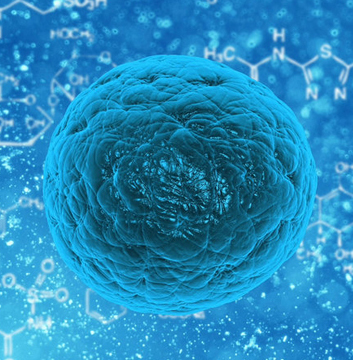
The field of cancer research is leading to new breakthrough developments that will change the way cancer is treated in the future. New approaches to utilize the immune system in the fight against cancer are getting us closer to a future where cancer becomes a curable disease. Also, it appears that together with cell therapy, personalized vaccines, gene editing and microbiome treatments are technologies that will change the way cancer is treated.
One type of cell therapy consists of taking immune T-cells from the patient and genetically engineering them to target a specific cancer antigen. “CAR-T is changing the treatment paradigm for cancer by creating targeted treatments that are specific to cancer cells,” said Christian Homsy, Executive Director of the board of Celyad, a Belgian CAR-T developer.
The company engineers T-cells to carry a molecule, borrowed from another type of immune cells called natural killer cells, with the capacity to target 80% of cancer cells.
“Celyad’s CAR-T approach exploits the molecular differences between cancer and healthy cells, homing in precisely on the cells that cause disease. These targeted approaches will hopefully lead to more tolerable treatments with higher efficacy and cure rates, particularly for patients with limited treatment options,” said Homsy.
It is also significant for cancer treatments that the genomic information on the tumor is increasingly becoming available as the cost of sequencing continues to drop. We can expect a future where we will have much more precise treatments based upon the genomic signature of the patient.
Most of these new technologies against cancer still have to prove their worth in clinical trials.
